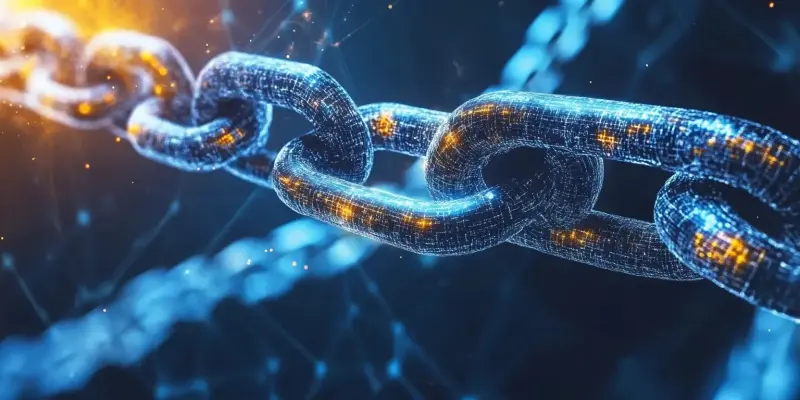The advent of blockchain technology continues to revolutionize various industries, and the electric vehicle (EV) sector is no exception. A notable development in this realm is the recent collaboration between Minima, a decentralized blockchain network, and Zeekr, the European arm of the Chinese electric car manufacturer. This partnership aims to streamline and enhance the EV charging infrastructure using the advanced capabilities of blockchain technology. As an increasing number of consumers and businesses adopt electric vehicles, the need for a reliable, secure, and accessible charging network has never been more pressing.
Revolutionizing EV Charging Infrastructure
Partnering with Minima, Zeekr sets out to address critical gaps within the EV charging infrastructure. At the core of this initiative lies a tokenized system designed to offer secure reservations for charging stations. By integrating blockchain, EV owners gain the ability to share and book wallboxes through a blockchain-powered system, bolstering access and convenience. This system introduces a significant advancement whereby each transaction is facilitated by Minima’s decentralized network, generating a secure access control token. This token acts as a digital key ensuring that only authorized users access the charging stations, thereby maintaining high levels of privacy and security.
One of the standout features of this innovative system is its ability to function offline. This ensures that transactions can still occur through local connections like Bluetooth, even in the absence of internet connectivity. Such functionality means that users can rely on uninterrupted charging services regardless of varying environments, from urban to remote areas. The implications of this feature are particularly significant for users who travel long distances and may encounter areas with limited or inconsistent internet access.
Bridging Technological and Infrastructure Gaps
Blockchain technology integrated into the EV ecosystem represents a major step forward in addressing the practical challenges of infrastructure and user accessibility. By tokenizing the charging infrastructure, the Minima and Zeekr partnership provides not just flexibility and security, but also an unprecedented level of convenience. This transformative approach allows for a more dynamic usage of charging stations, as users can reserve, access, and share resources with confidence, knowing their privacy is upheld.
Zeekr’s initiative follows in the footsteps of other pioneering Chinese automakers like BYD, who have also begun exploring blockchain applications. This trend marks significant progress in the broader adoption of blockchain within the automotive and EV industries. By leveraging blockchain’s decentralized characteristics, this system mitigates the risks associated with centralized data control, enhancing overall system integrity and trustworthiness. The result is a robust and resilient infrastructure that can better meet the growing demands for EV charging solutions.
Additionally, blockchain’s role in this collaboration underscores potential for more comprehensive integration in other areas of the EV ecosystem. From maintenance scheduling to user authentication, the possibilities for blockchain applications extend far beyond charging infrastructure, promising a more connected and efficient future for EV users.
The Future of EV Charging with Blockchain
The rise of blockchain technology is continuously transforming various sectors, and the electric vehicle (EV) industry is no exception. A significant development in this field is the recent partnership between Minima, a decentralized blockchain network, and Zeekr, the European subsidiary of the Chinese electric car maker. This alliance aims to improve and modernize the EV charging infrastructure using the sophisticated features of blockchain technology. As more consumers and businesses switch to electric vehicles, the urgency for a dependable, secure, and widely accessible charging network has never been greater. This collaboration promises to address these needs by ensuring efficiency, security, and ease of access in the EV charging landscape. The integration of blockchain with the EV industry could potentially resolve numerous issues like security concerns, transaction transparency, and overall reliability. The combined capabilities of Minima and Zeekr are anticipated to not only enhance the existing infrastructure but also pave the way for future innovations in the EV sector.

